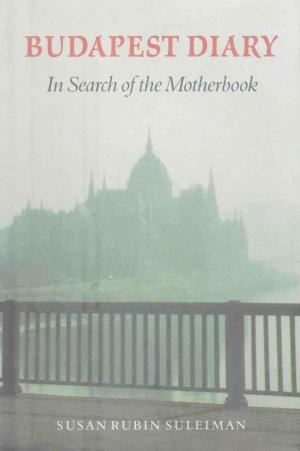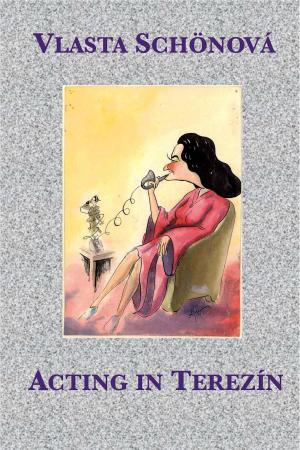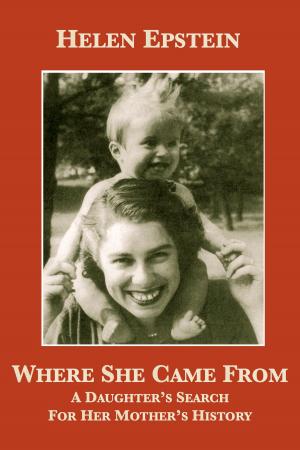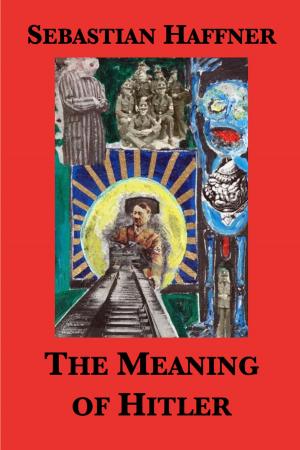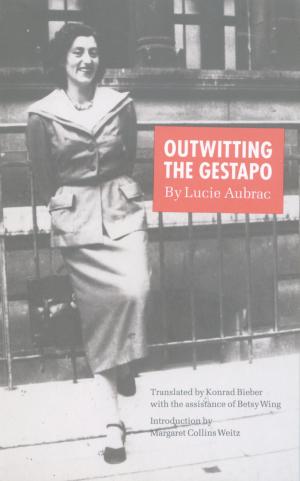Lost in Translation
A Life in a New Language
Nonfiction, History, Eastern Europe, Biography & Memoir, Artists, Architects & Photographers, Literary| Author: | Eva Hoffman | ISBN: | 1230000036005 |
| Publisher: | Plunkett Lake Press | Publication: | December 3, 2012 |
| Imprint: | Language: | English |
| Author: | Eva Hoffman |
| ISBN: | 1230000036005 |
| Publisher: | Plunkett Lake Press |
| Publication: | December 3, 2012 |
| Imprint: | |
| Language: | English |
Lost in Translation: A Life in a New Language by Eva Hoffman (107,000 words)
The late poet and memoirist Czeslaw Milosz wrote, "I am enchanted. This book is graceful and profound."
Since its publication in 1989, many other readers across the world have been enchanted by Lost in Translation: A Life in a New Language, a classic of exile and immigrant literature, as well as a girl’s coming-of-age memoir. Lost in Translation moves from Hoffman's childhood in Cracow, Poland to her adolescence in Vancouver, British Columbia to her university years in Texas and Massachusetts to New York City, where she becomes a writer and an editor at the New York Times Book Review. Its multi-layered narrative encompasses many themes: the defining power of language; the costs and benefits of changing cultures, the construction of personal identity, and the profound consequences, for a generation of post-war Jews like Hoffman, of Nazism and Communism.
Lost in Translation is, as Publisher's Weekly wrote, "a penetrating, lyrical memoir that casts a wide net," challenges its reader to reconsider their own language, autobiography, cultures, and childhoods.
Lost in Translation was first published in the United States in 1989. Hoffman’s subsequent books of literary non-fiction include Exit into History, Shtetl, After Such Knowledge, Time and two novels, The Secret and Appassionata.
"Nothing, after all, has been lost; poetry this time has been made in and by translation." — Peter Conrad, The New York Times
"Handsomely written and judiciously reflective, it is testimony to the human capacity not merely to adapt but to reinvent: to find new lives for ourselves without forfeiting the dignity and meaning of our old ones." — Jonathan Yardley, Washington Post
"As a childhood memoir, Lost in Translation has the colors and nuance of Nabokov's Speak, Memory. As an account of a young mind wandering into great books, it recalls Sartre's Words. … As an anthropology of Eastern European émigré life, American academe and the Upper West Side of Manhattan, it's every bit as deep and wicked as anything by Cynthia Ozick. … A brilliant, polyphonic book that is itself an act of faith, a Bach Fugue." — John Leonard, Harper’s Magazine
Lost in Translation: A Life in a New Language by Eva Hoffman (107,000 words)
The late poet and memoirist Czeslaw Milosz wrote, "I am enchanted. This book is graceful and profound."
Since its publication in 1989, many other readers across the world have been enchanted by Lost in Translation: A Life in a New Language, a classic of exile and immigrant literature, as well as a girl’s coming-of-age memoir. Lost in Translation moves from Hoffman's childhood in Cracow, Poland to her adolescence in Vancouver, British Columbia to her university years in Texas and Massachusetts to New York City, where she becomes a writer and an editor at the New York Times Book Review. Its multi-layered narrative encompasses many themes: the defining power of language; the costs and benefits of changing cultures, the construction of personal identity, and the profound consequences, for a generation of post-war Jews like Hoffman, of Nazism and Communism.
Lost in Translation is, as Publisher's Weekly wrote, "a penetrating, lyrical memoir that casts a wide net," challenges its reader to reconsider their own language, autobiography, cultures, and childhoods.
Lost in Translation was first published in the United States in 1989. Hoffman’s subsequent books of literary non-fiction include Exit into History, Shtetl, After Such Knowledge, Time and two novels, The Secret and Appassionata.
"Nothing, after all, has been lost; poetry this time has been made in and by translation." — Peter Conrad, The New York Times
"Handsomely written and judiciously reflective, it is testimony to the human capacity not merely to adapt but to reinvent: to find new lives for ourselves without forfeiting the dignity and meaning of our old ones." — Jonathan Yardley, Washington Post
"As a childhood memoir, Lost in Translation has the colors and nuance of Nabokov's Speak, Memory. As an account of a young mind wandering into great books, it recalls Sartre's Words. … As an anthropology of Eastern European émigré life, American academe and the Upper West Side of Manhattan, it's every bit as deep and wicked as anything by Cynthia Ozick. … A brilliant, polyphonic book that is itself an act of faith, a Bach Fugue." — John Leonard, Harper’s Magazine





